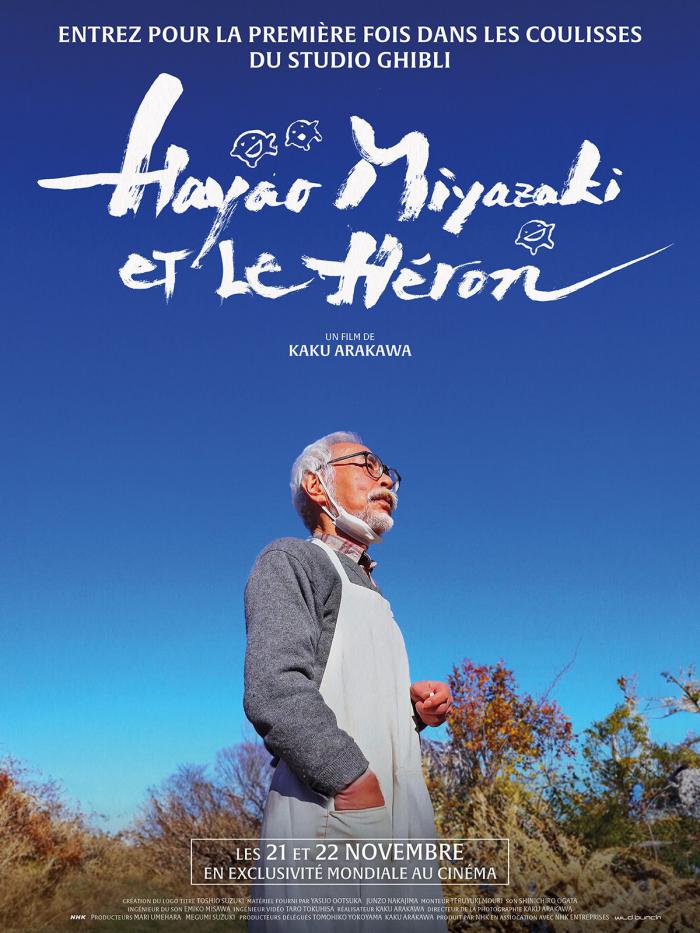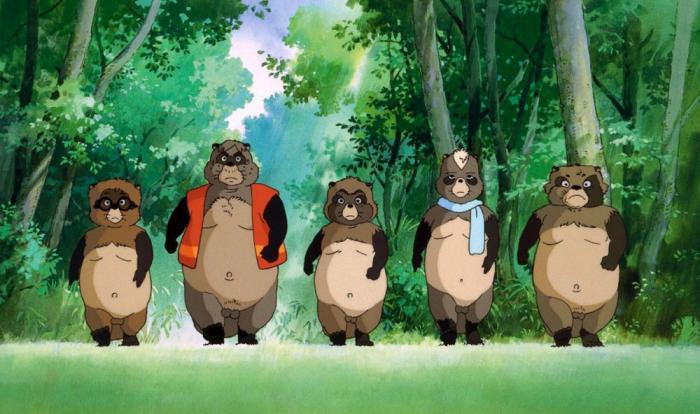A true legend of Japanese animated cinema, Hayao Miyazaki cried his eyes out in front of a Studio Ghibli film according to the testimony of Toshio Suzuki.
Hayao Miyazaki was moved by this Ghibli film
This Friday, November 22, 2024, French fans of Studio Ghibli were able to discover the documentary Hayao Miyazaki and the Heronproduced by NHK and broadcast exclusively in a few French theaters during special sessions. An absolutely fascinating documentary looking back on the conception and production of the master’s last masterpiece, The Boy and the Heronfrom the announcement of his retirement in 2013 to the weeks following the release of the feature film in 2023.
Hayao Miyazaki and the Heron so join the list of these exceptional documents which open the doors of Studio Ghibli wide and immerse us in the mind of its star directoramong which we find the book Inside Studio Ghibli – Work while having fun by Toshio Suzuki, the documentary series 10 years with Hayao Miyazakithe Art Books of his films published by Glénat, or even more recently the book of interviews Hayao Miyazaki – Where the Wind Returns.

Hayao Miyazaki and the Heron reveals to us a man anguished by death and old age since the death of his friend and rival, director Isao Takahata (The Grave of the Fireflies, The Tale of Princess Kaguya), alongside whom he co-founded Studio Ghibli in collaboration with producer Toshio Suzuki, who has since served as director. If on several occasions, Hayao Miyazaki expresses the lack he feels towards Isao Takahata, whom he affectionately nicknames Paku-san, the director of Princess Mononoke a you Spirited Away also enjoys making some sardonic comments. So, he qualifies Short by Isao Takahata from “boring movie“.

But it could well be that this criticism of Short don’t be completely sincere… Toshio Suzuki, who has always been in the front row, confided that Hayao Miyazaki cried during the entire viewing of Short when he discovered it. The reason? According to Suzuki, the feature film – written by Hayao Miyazaki – represents part of the youth of the two filmmakers, when they were union representatives of animators at Toei Animation. The Tanukis’ fight against humans is directly inspired by their years of social struggles.
Source: hitek.fr


